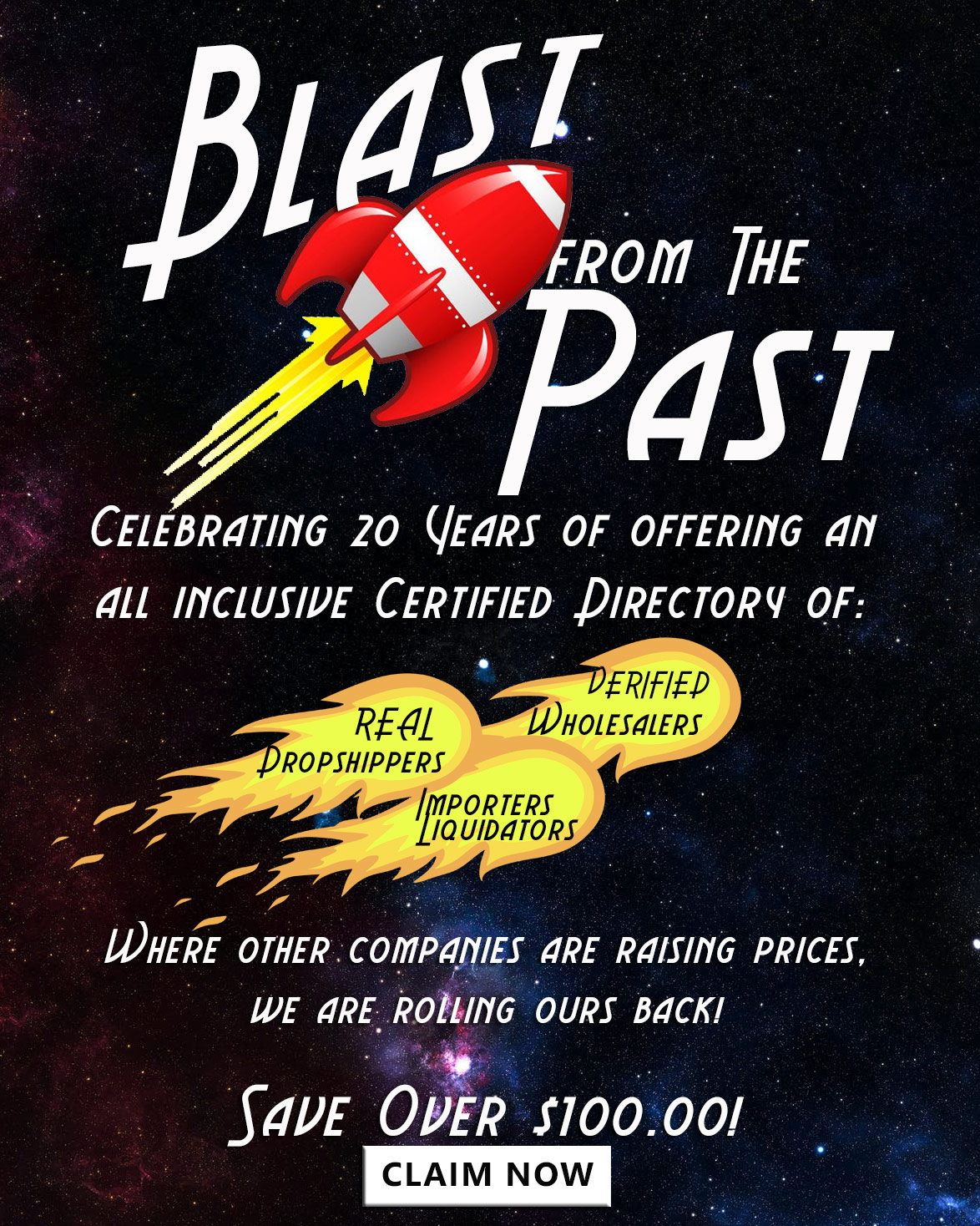
Protecting Your Intellectual Property - How Copyrights and Patents Affect You
by Chris Malta
Last updated 8/23/2018
You may not realize it, but you deal with intellectual property (IP) every day. If you own a web site, that web site is your intellectual property. The way you deal with IP - yours and others - can directly impact the success of your business.
What's Intellectual Property?
Registered patent attorney Patricia McQueeney explains, "Intellectual property can be broken down into four types: patents, trademarks, copyrights, and trade secrets."
It's important to remember that copyrights and patents give rights to the person who comes up with the idea, not the company that employs them. So if you hire someone to design your web site, the creator owns it unless you have the copyright assigned to you in writing. That's why many business owners state in their employee agreements that any works or useful inventions created on company time with company funds will be assigned to the company. Cautions McQueeney, "You don't own it unless you get it written over to you."
What's Intellectual Property?
Registered patent attorney Patricia McQueeney explains, "Intellectual property can be broken down into four types: patents, trademarks, copyrights, and trade secrets."
- . A patent deals with a completely new invention - a useful item, a novel look on an already-existing item, or a new plant species. Depending on the type of patent, they're good for between fourteen and twenty years. The scope of a patent is defined by its claims. A claim is only one sentence but it may go on for pages, which is why it's best to hire an experienced patent attorney.
. Copyrights protect creative expression - books, web sites, songs. There is such a thing as common law copyright, which means that you have rights when you create something. The difficulty lies in proving you were first to create it.
For only thirty dollars you can register with the U.S. Copyright Office (Copyright.gov). The forms aren't complicated, and you have a lot more protection in an infringement suit. The copyright is good for your lifetime and seventy years after you die, and you can make it assignable to anyone upon your death.
Copyrights don't protect the information found in a book or on a web site, but they protect the lay-out and presentation. For web sites, registering your first and last twenty-five pages of code protects the code for your entire web site and the creative expression of your display screens.
. A trademark designates an object's source - it's a mark or name associated with quality. In trademark law, arbitrary names are encouraged - Kodak, Kleenex, Apple. The less your trademark describes your product, the stronger it is. If you sell film, using "Film" as a trademark won't hold up in court. Again there are common law trademarks, but they're hard to prove and offer less protection than a state or federal trademark (USPTO.gov).
. Trade secrets are governed by state laws and vary from state to state. They encompass a variety of things from formulas (think "Coke") to customer lists to product sources. Many companies have contracts that expressly prohibit their employees and vendors from giving away any information they're exposed to while doing business with them. Commonly known facts aren't considered trade secrets, so it's good to be discreet with your valuable information.
It's important to remember that copyrights and patents give rights to the person who comes up with the idea, not the company that employs them. So if you hire someone to design your web site, the creator owns it unless you have the copyright assigned to you in writing. That's why many business owners state in their employee agreements that any works or useful inventions created on company time with company funds will be assigned to the company. Cautions McQueeney, "You don't own it unless you get it written over to you."




